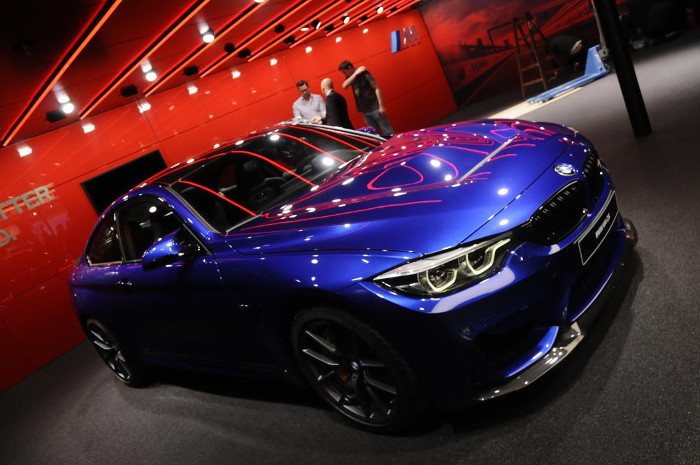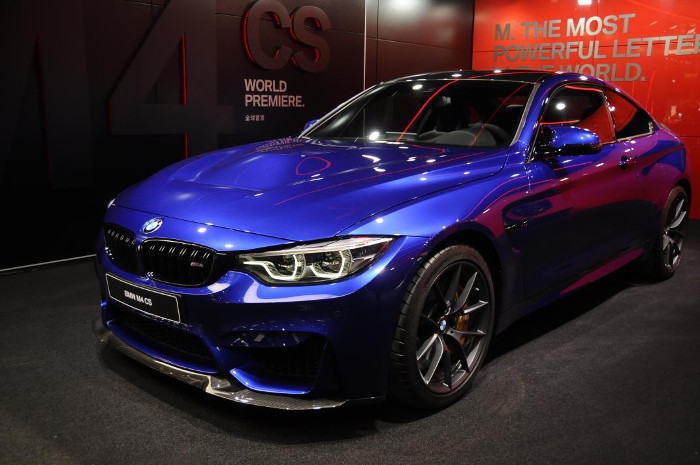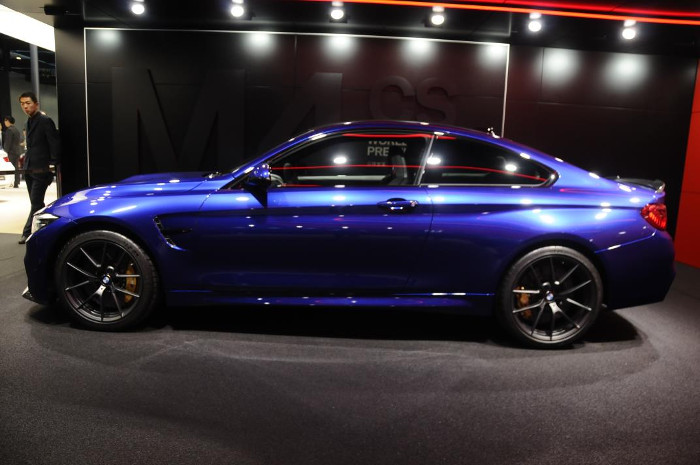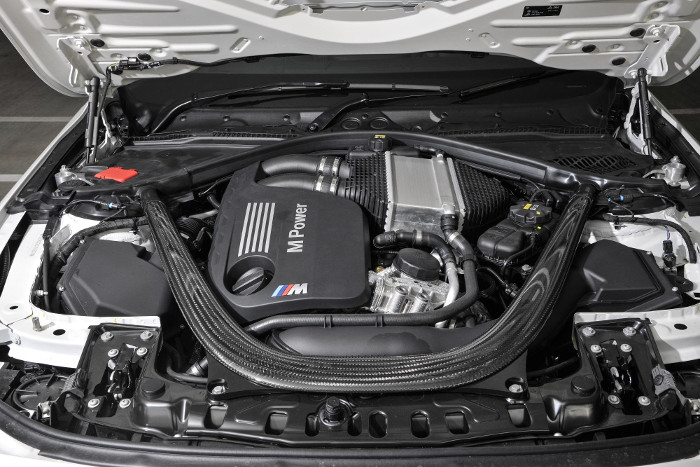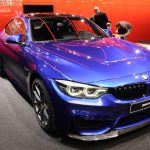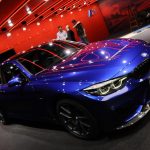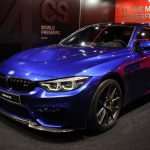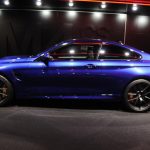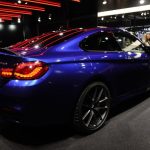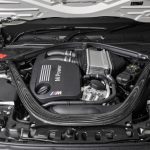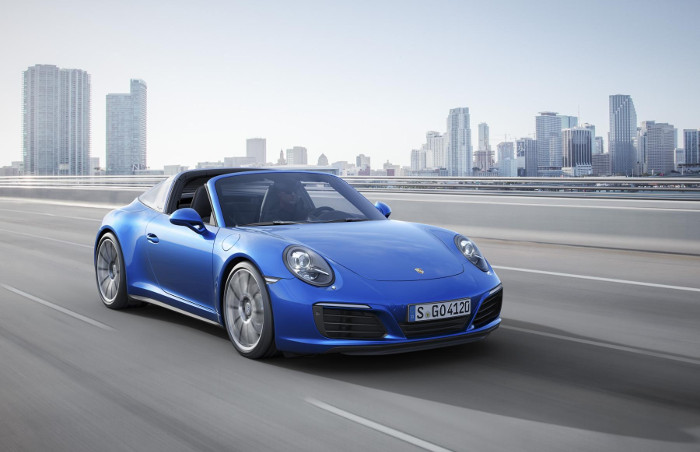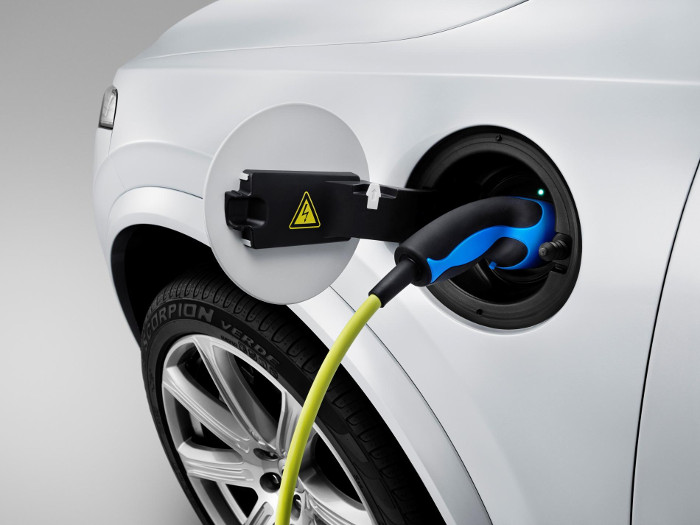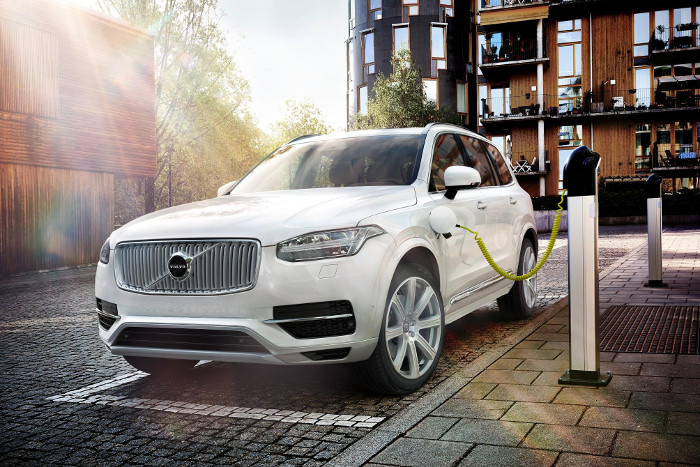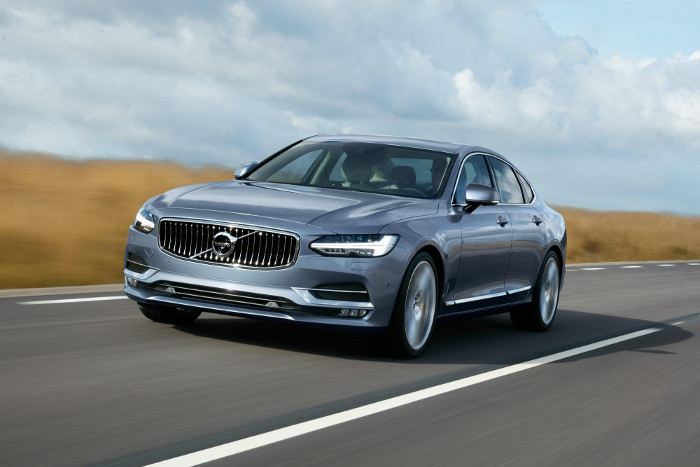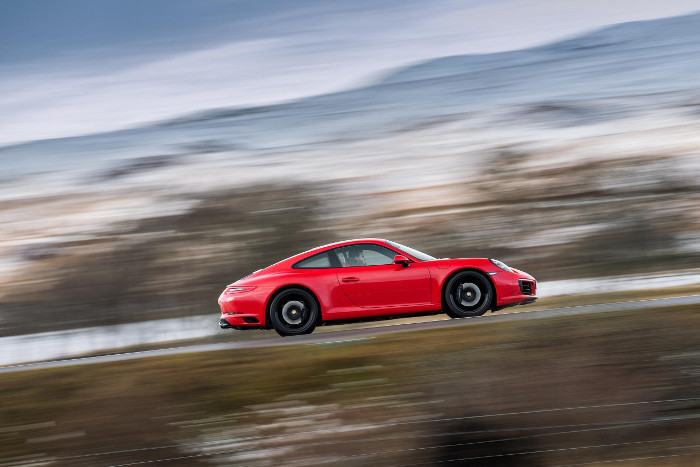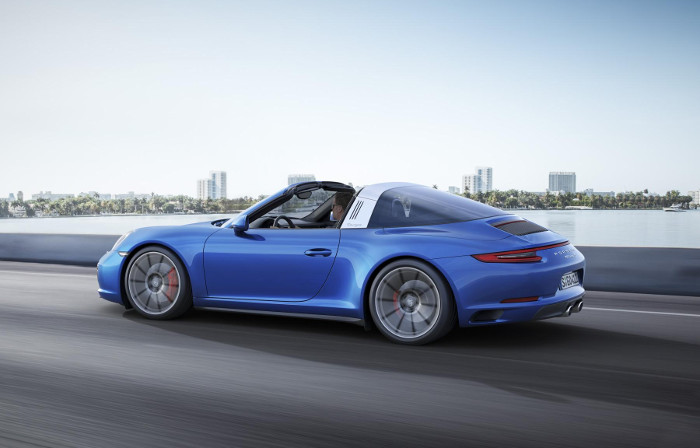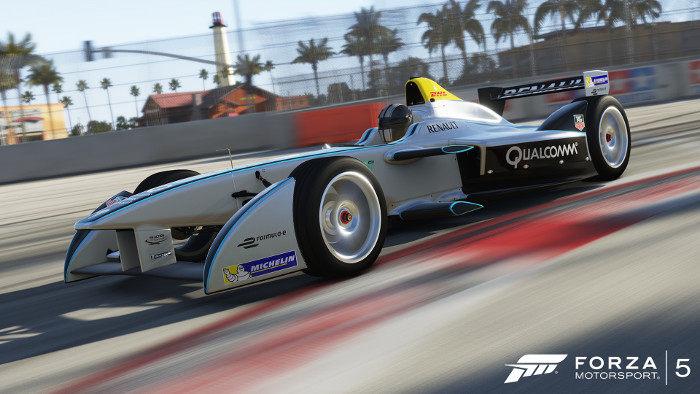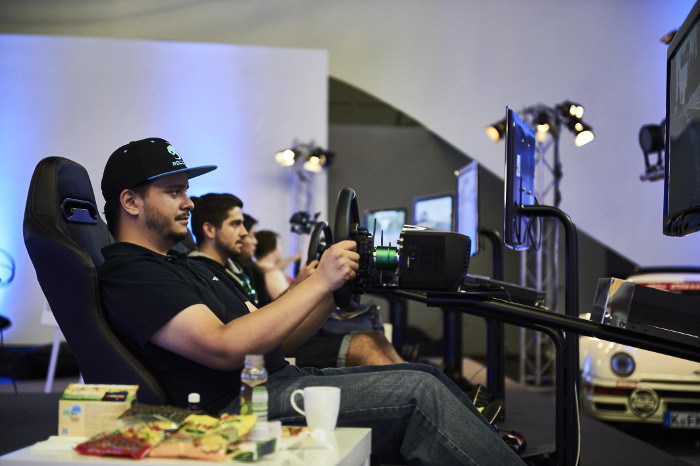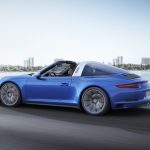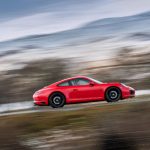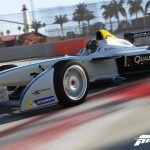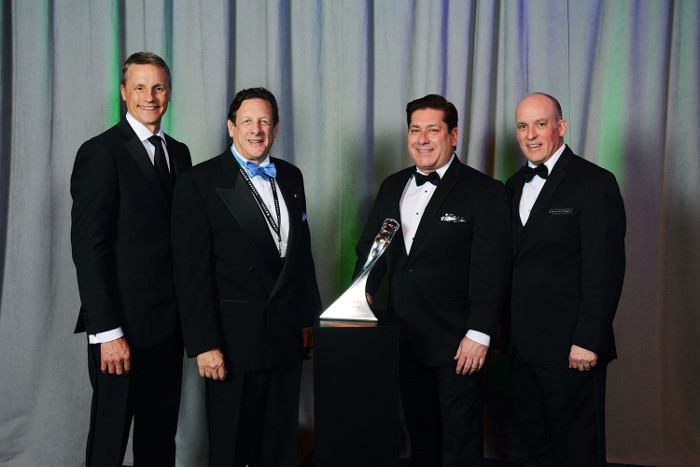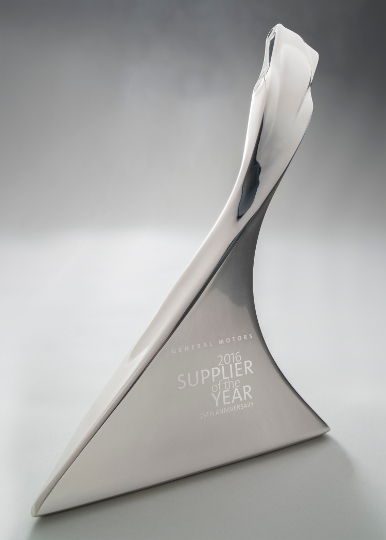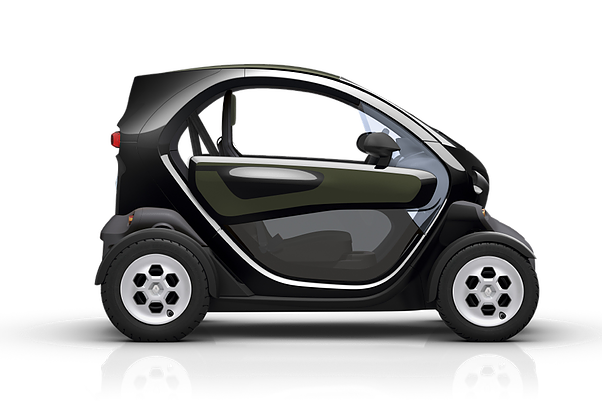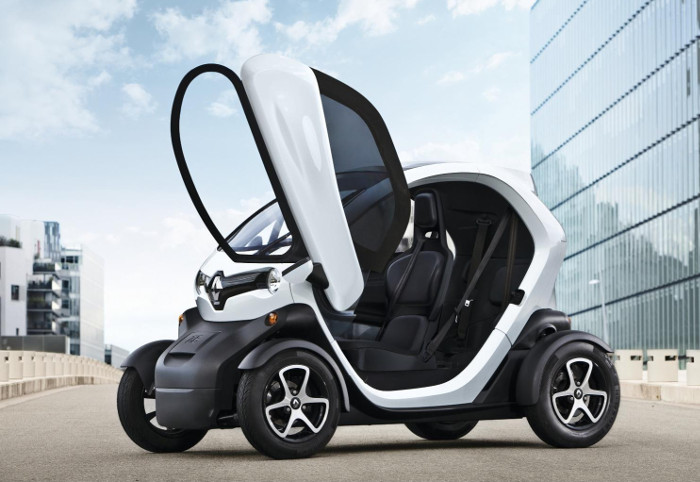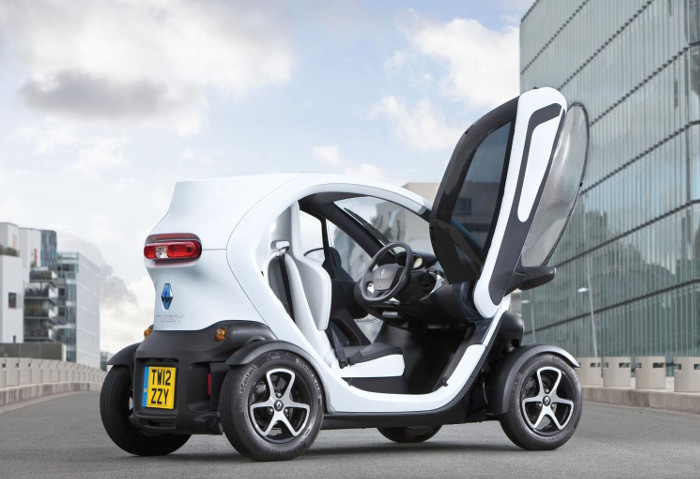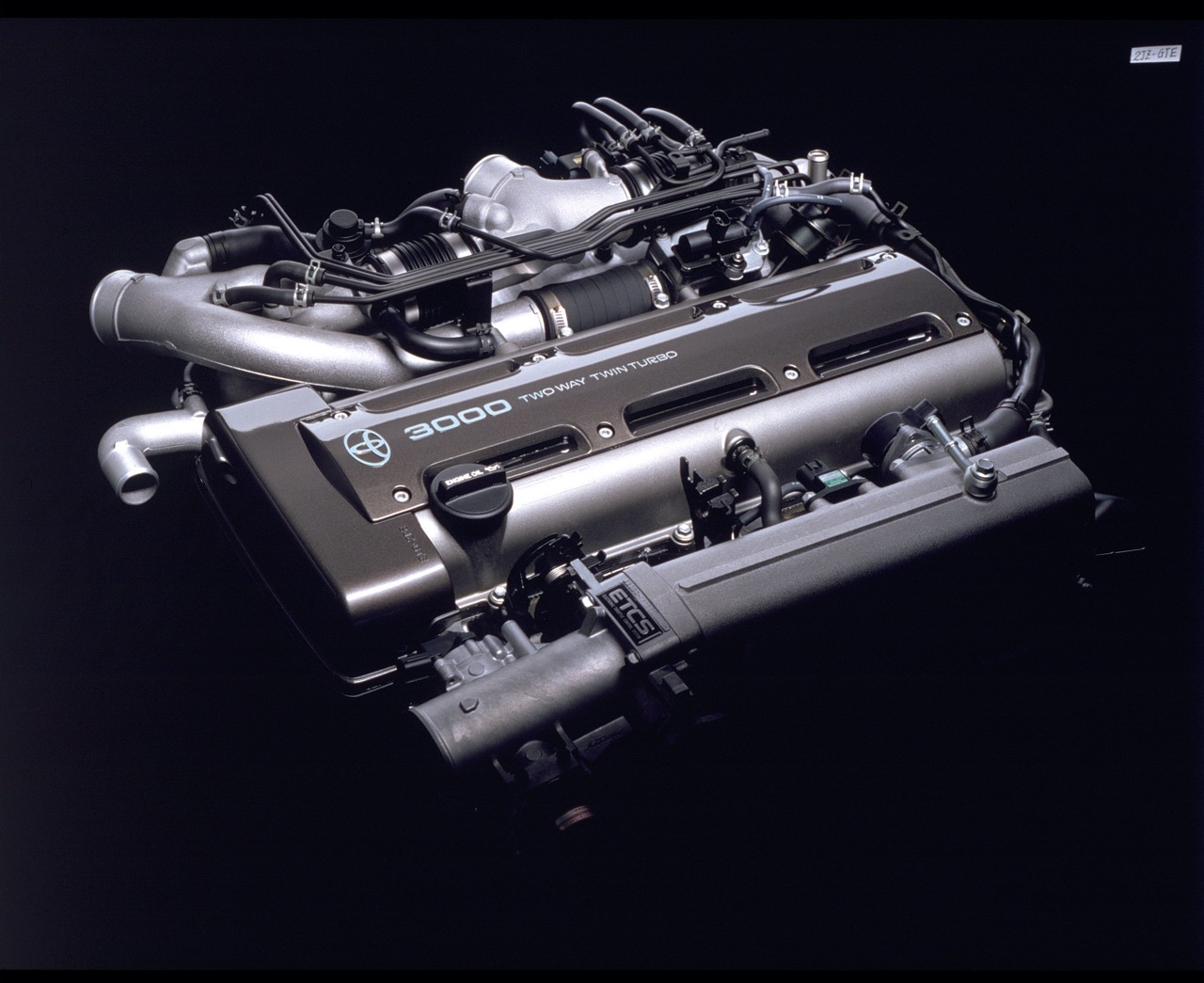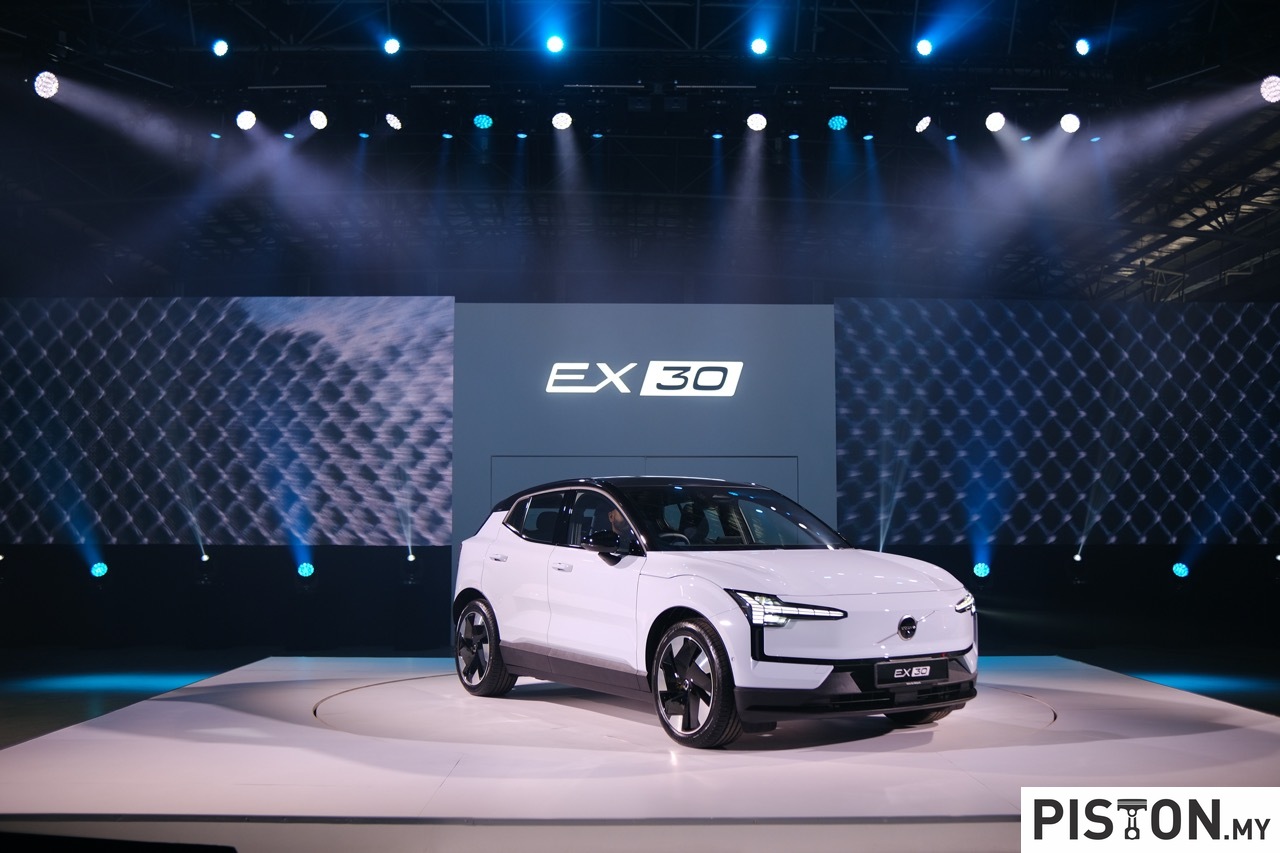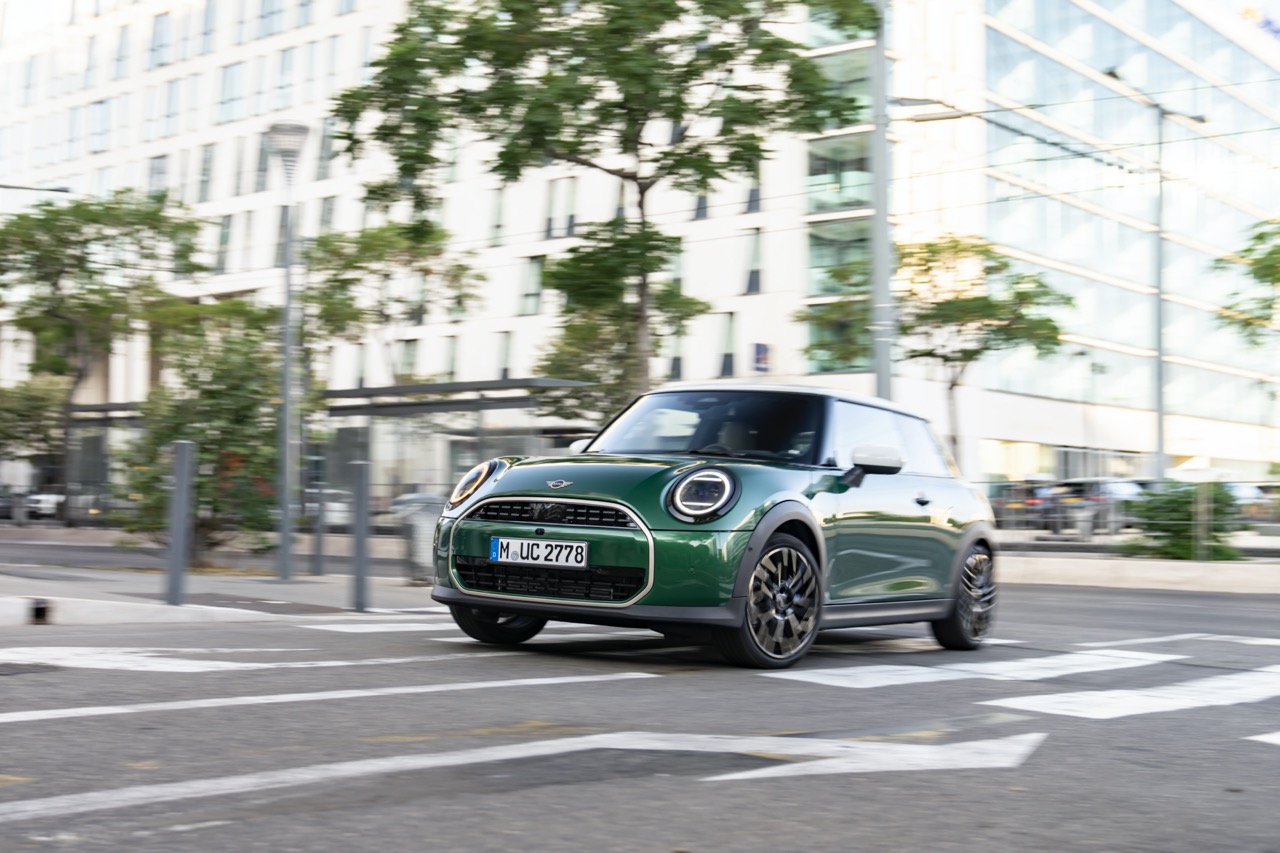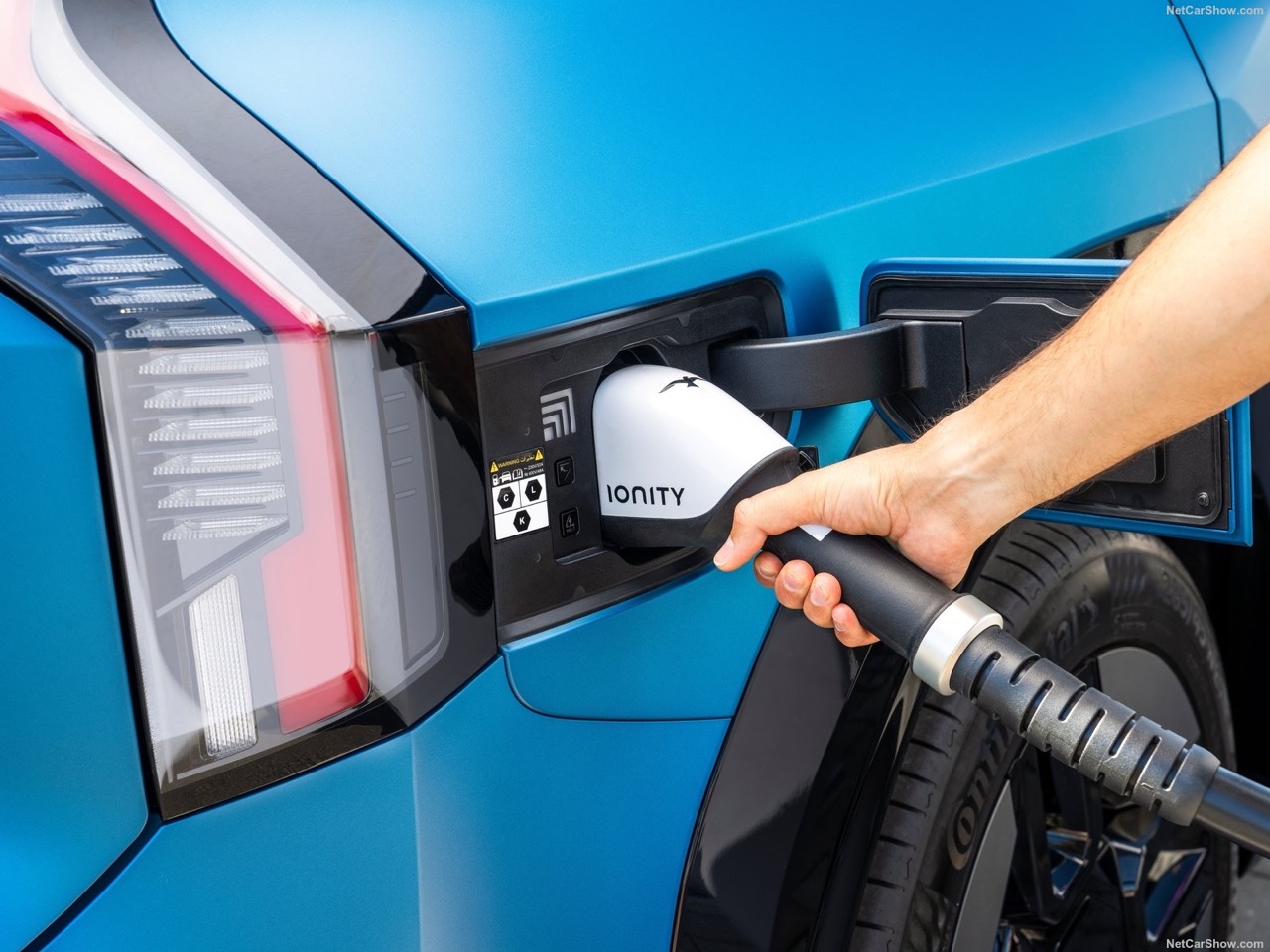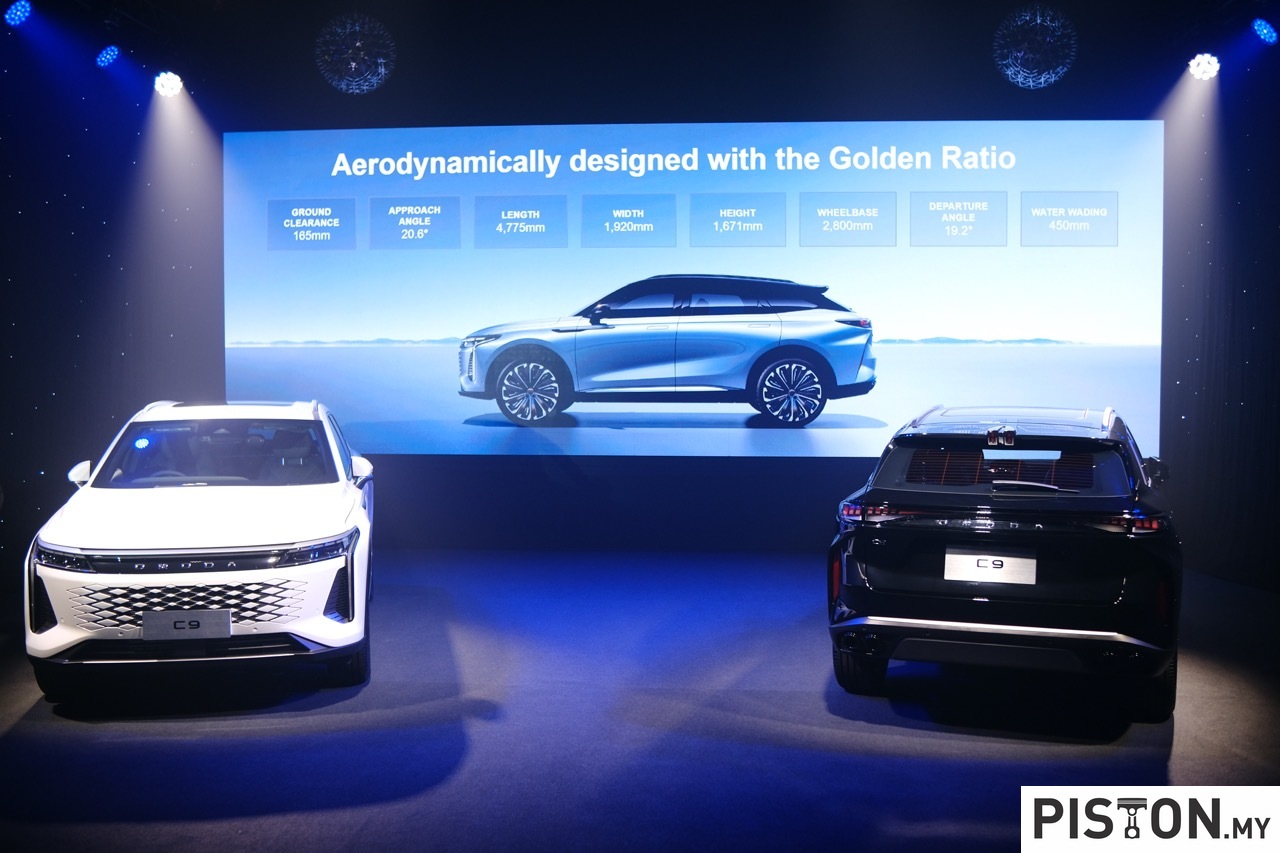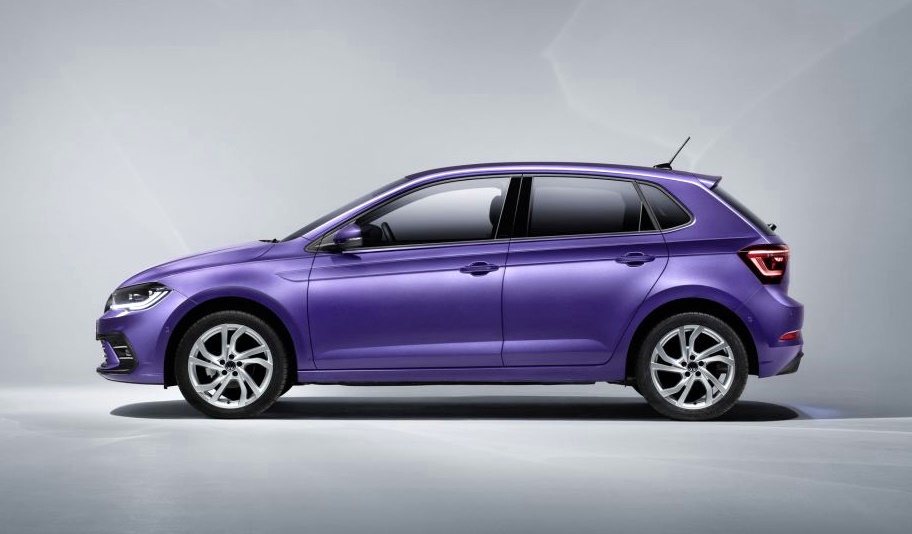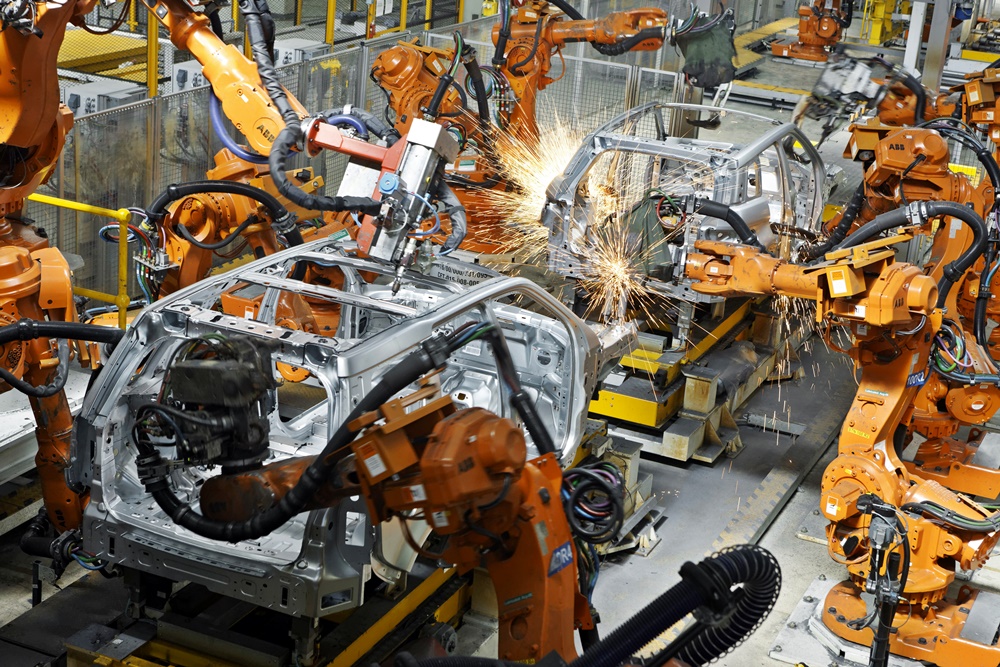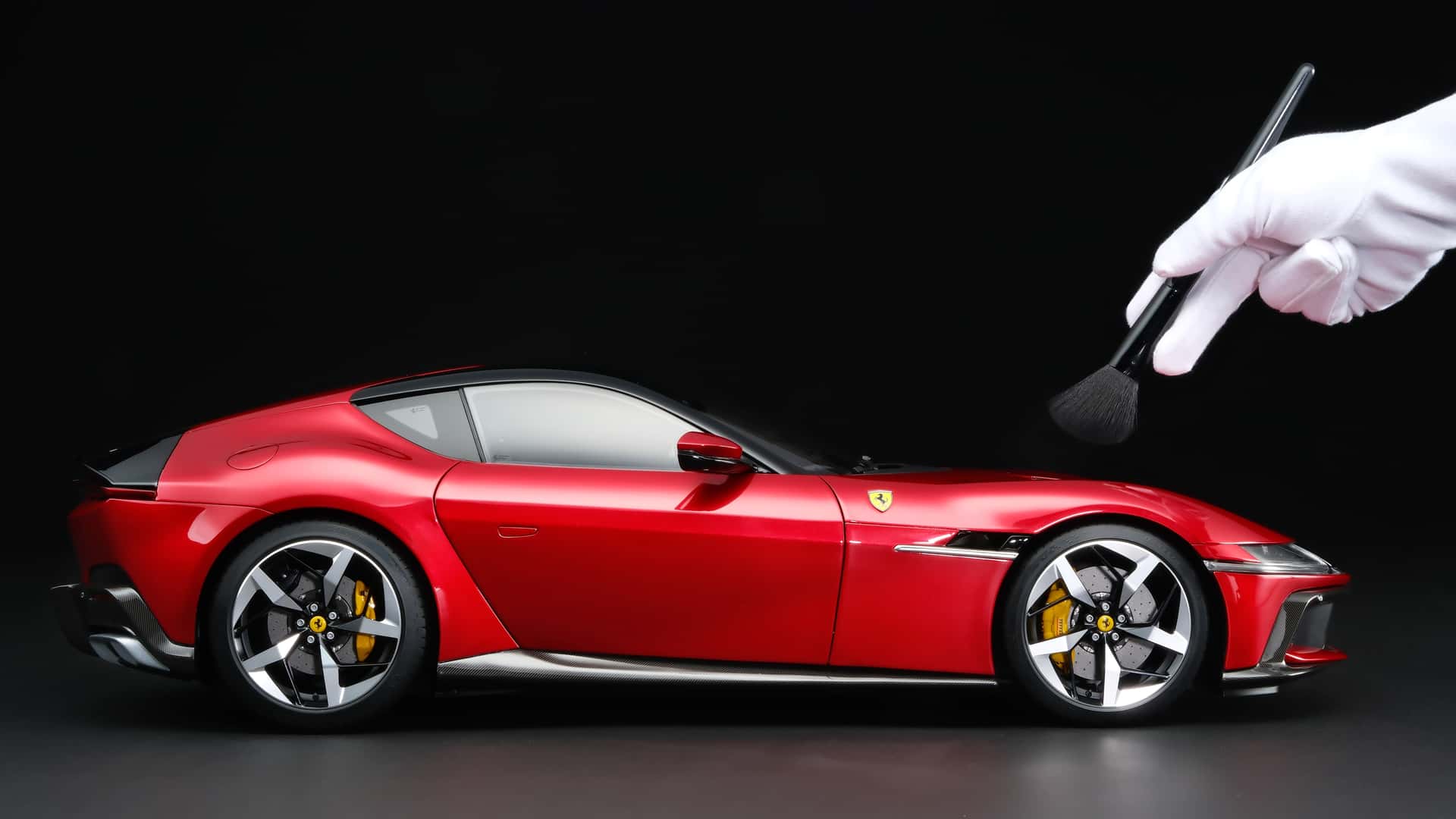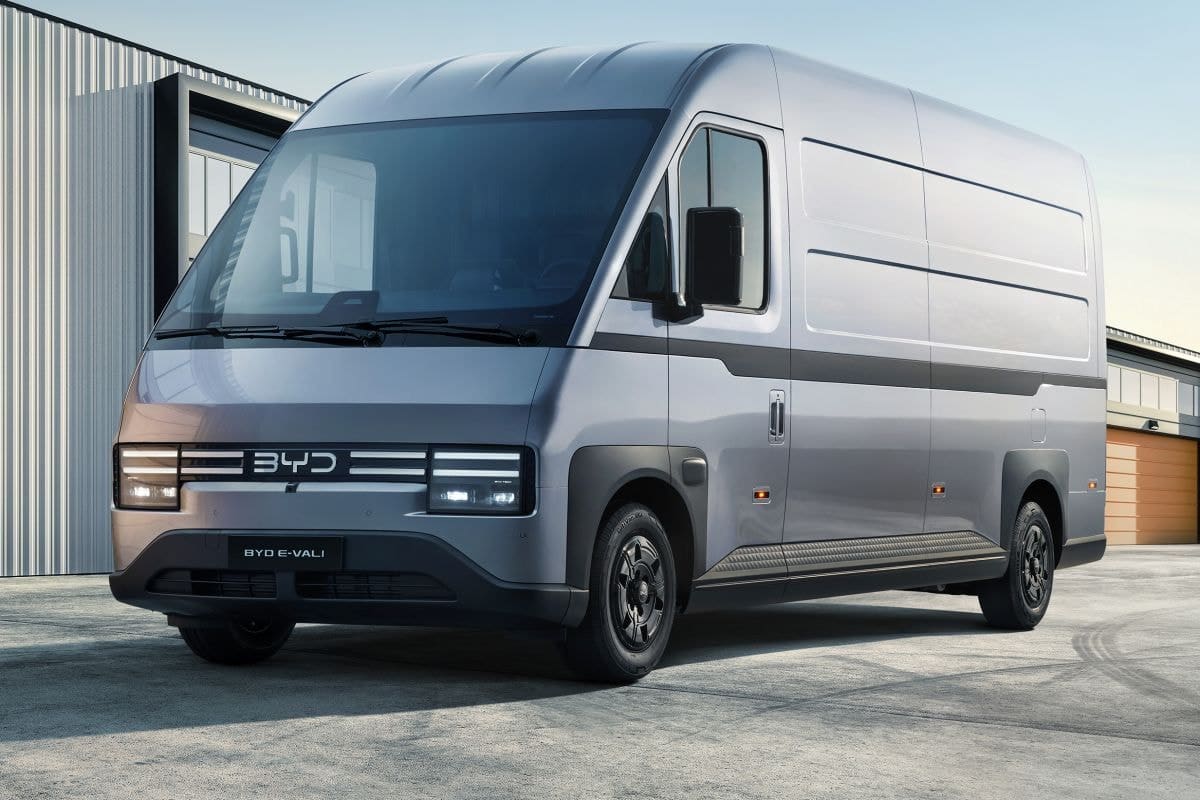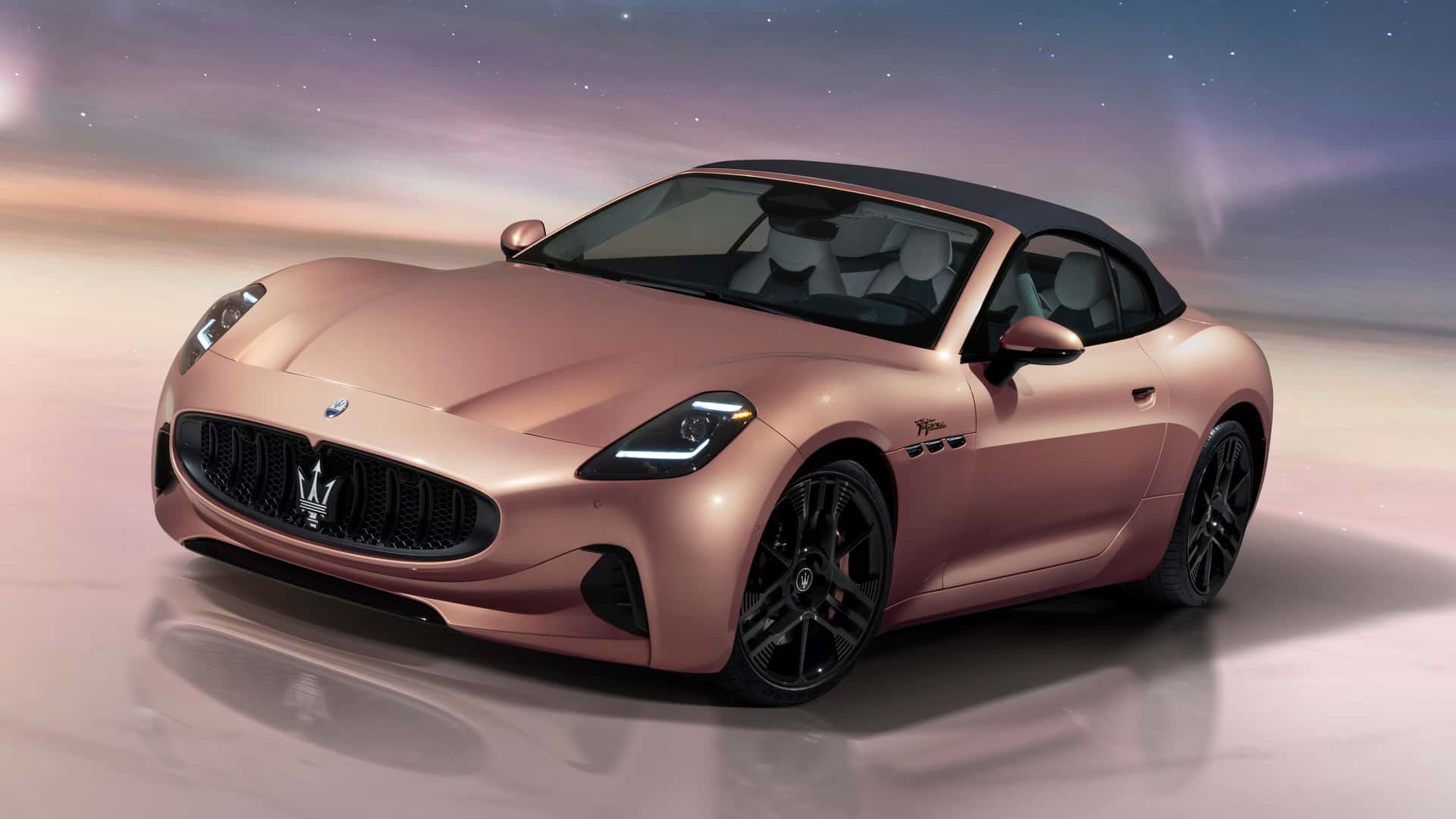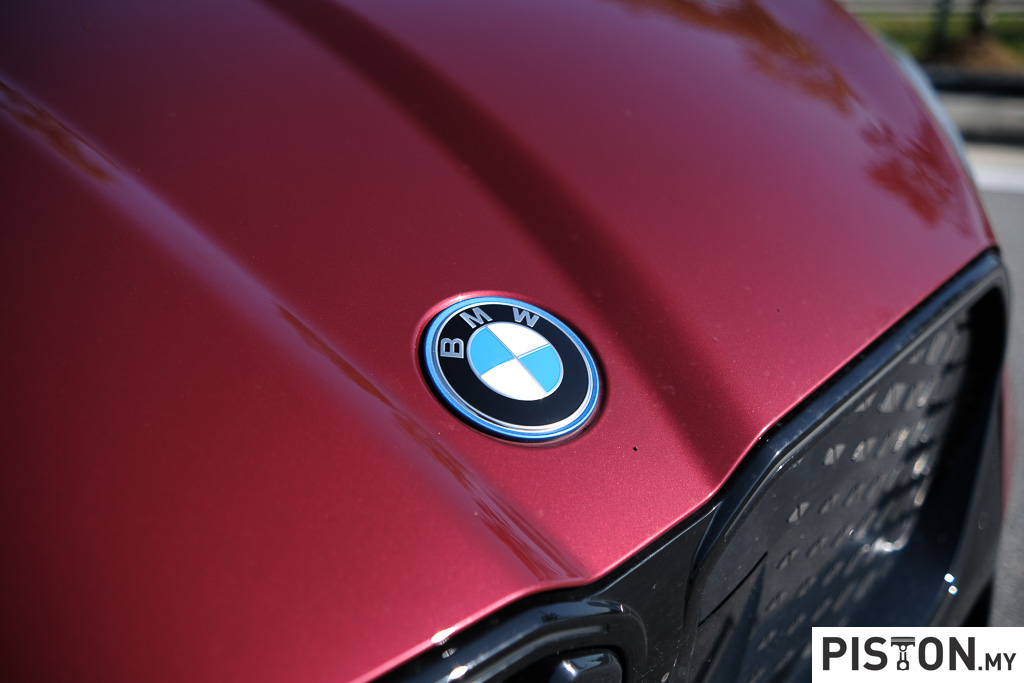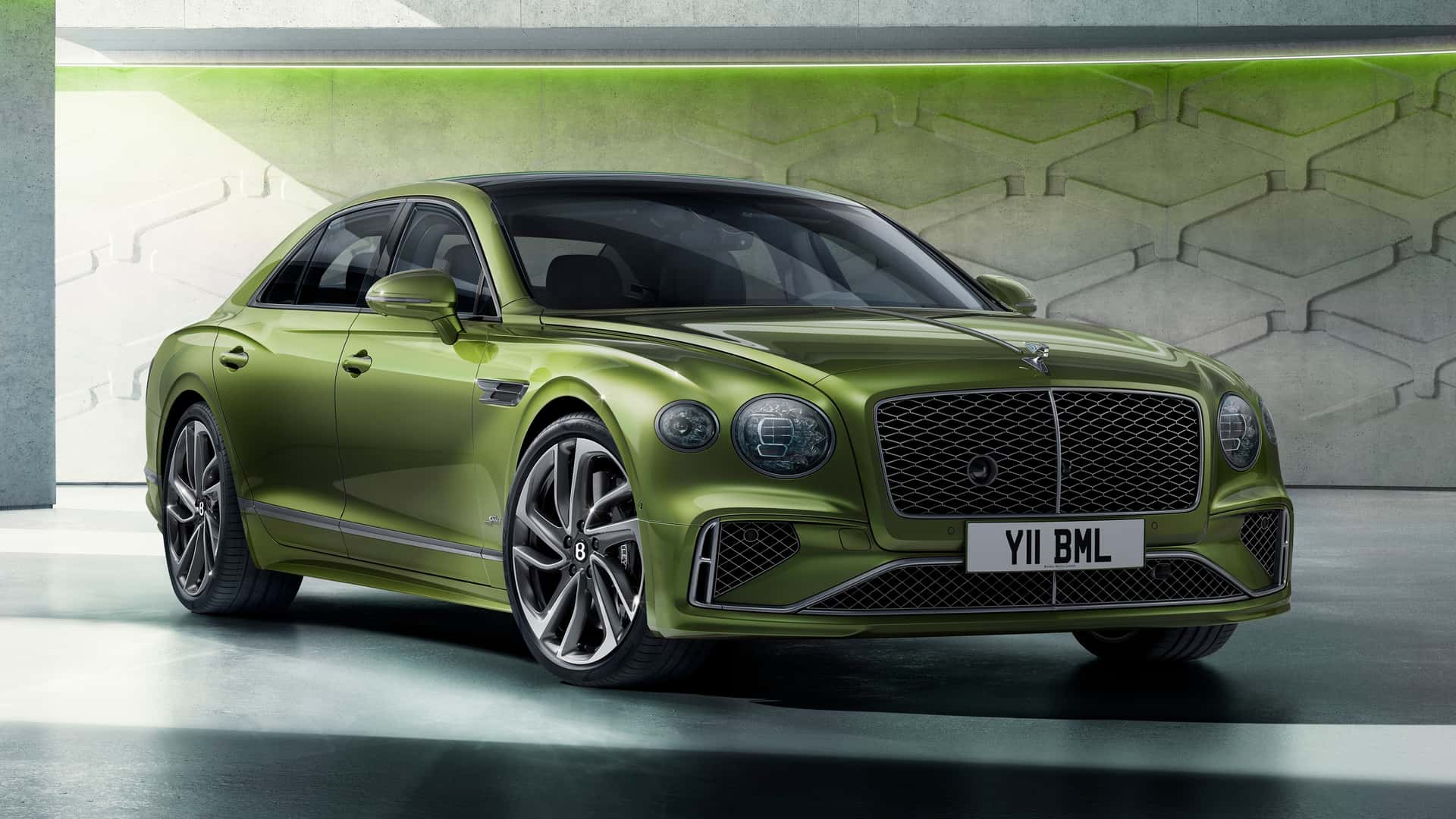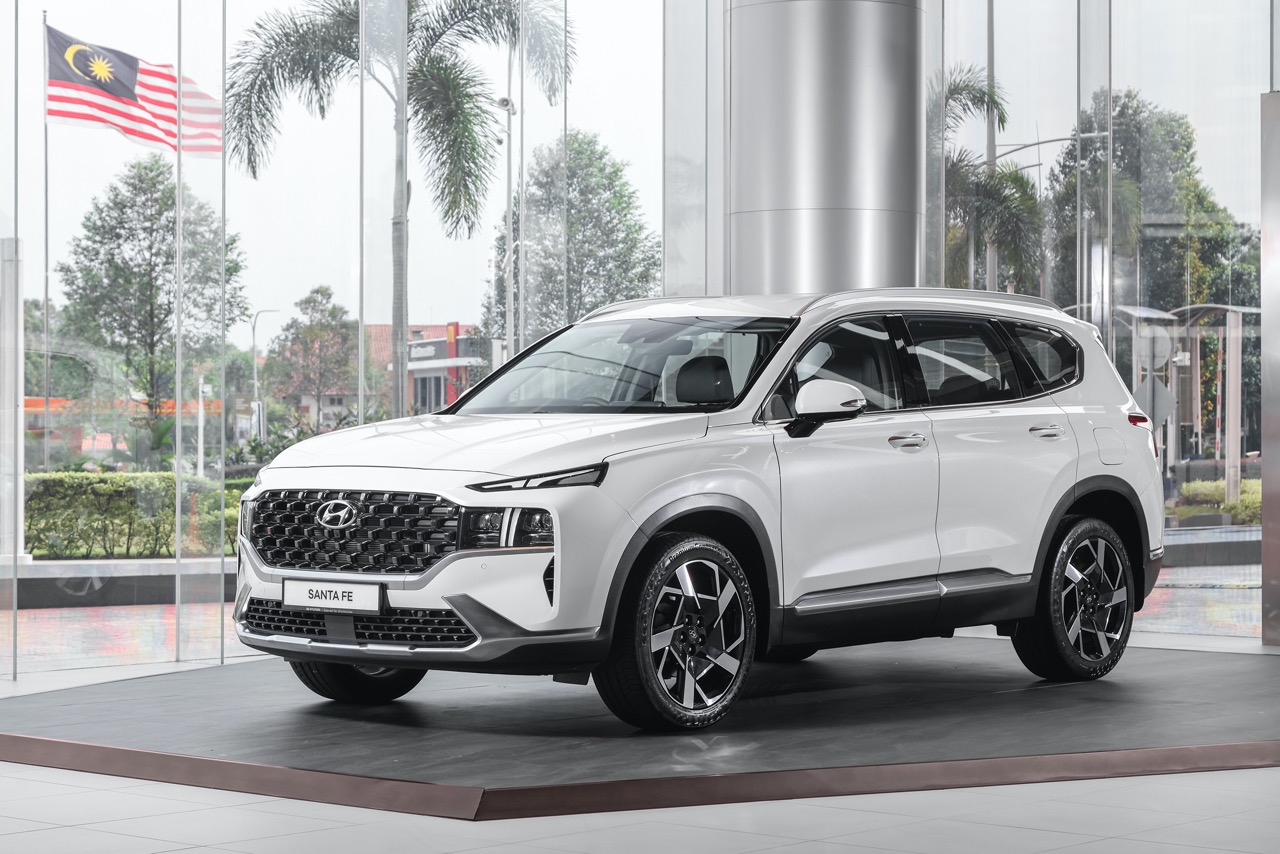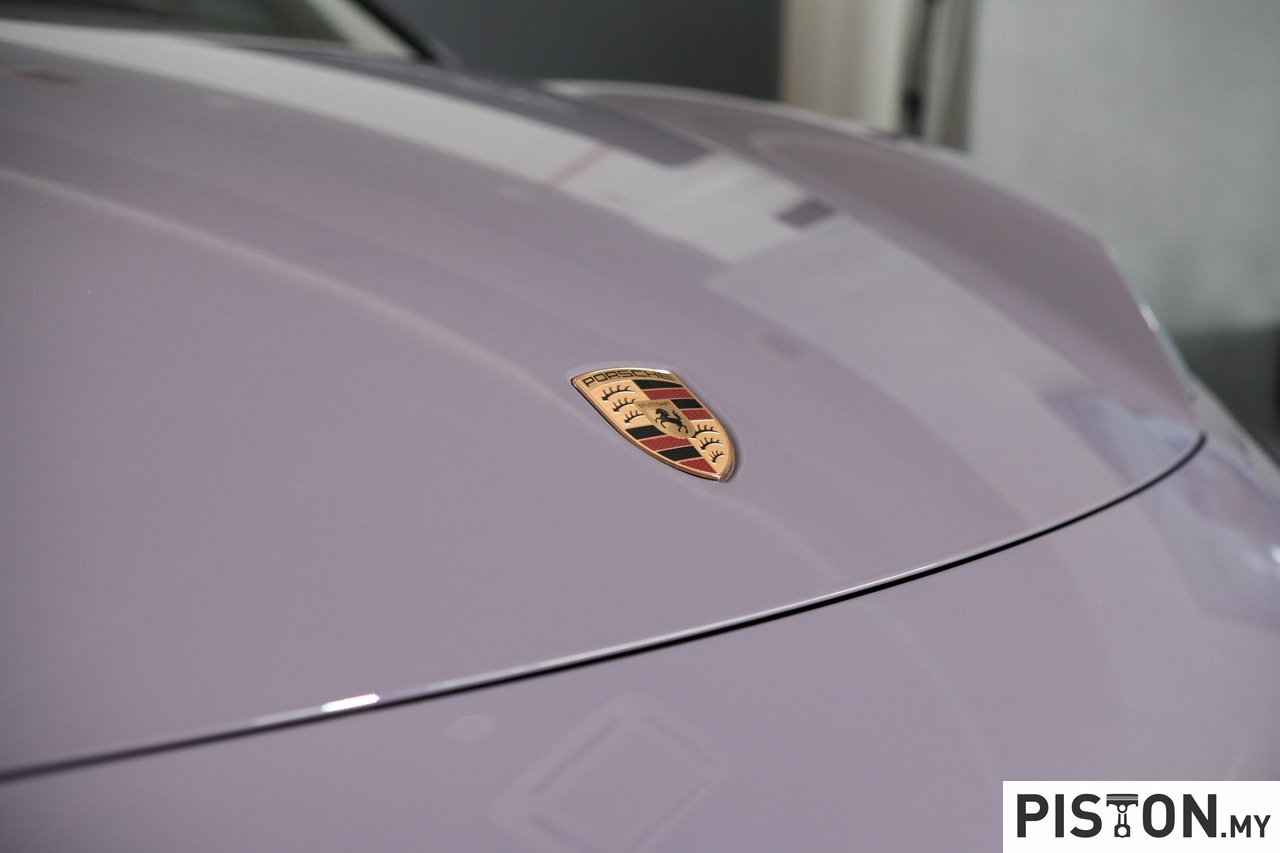BMW has introduced a new variant of their M4, called the BMW M4 CS. It’s a special edition M car that is positioned above the standard M and the Competition versions. It sits at the top of the M4 range and is poised to offer drivers racing-like character but in a fully road-legal car.
Built in Munich, the M4 CS’s bonnet and boot are made from carbon fibre-reinforced plastic or CFRP, which is a lightweight but extremely rigid material. Similar to the standard car, the front end has LED headlights, a large front apron with three section intakes that offer cooling to the engine and braking system.
Unique to this variant is the front splitter made from carbon-fibre, which should lower the weight even further. At the rear is the rear diffuser borrowed from the M4 GTS and the same is true for the exposed carbon-fibre Gurney spoiler lip on the boot lid. It’s rear taillights incorporate OLED (Organic Light Emitting Dioede) technology which is a feature that is only found on the M4 CS and GTS variants. Lastly, the M wing mirrors and flared wheel arches and complete the muscular look of the car.
It rides on lightweight alloy wheels which are 19-inches at the front and 20 inches at the rear. The wheels are wrapped in Michelin Pilot Sport Cup 2 tyres that are considered semi-slick road legal tyres but offer excellent grip on race tracks. Alternatively, buyers can have their M4 CS equipped with Michelin Sport road tyres if they don’t plan on exploring the limits on a racetrack.
Under the hood of this beast, sits a turbocharged straight-six 3.0-litre engine that has been tuned to offer 10bhp more than the one in the M4 with the Competition package, with a total of 460bhp. The engine features two mono-scroll turbocharges, charge air cooler, High Precision Injection, VALVETRONIC variable valve timing and Double-VANOS fully variable camshaft timing.
Mated to the engine is a 7-speed M Double Clutch Transmission (M DCT) with Drivelogic. The engine and transmission combination allow the M4 CS to cover the 0-100km/h sprint in 3.9 seconds and reach a stop speed of 280km/h.
The car features the adaptive M suspension setup similar to that found on the M4 with the Competition package and is optimised to offer a good balance of road and track performance. The control systems such as Dynamic Stability Control (DSC), Adaptive M Suspension and Active M Differential have been modified to suit the M4 CS, giving it the best on and off track performance that the M division could muster. The electromechanical steering’s behavior and suspension setup can be changed by adjusting the drive modes which are Comfort, Sport and Sport+.
In typical BMW fashion, the inside is covered with leather and Alcantara which offers a decent blend of luxury and sportiness. The overall layout doesn’t differ much from the standard car and features automatic Climate Control, BMW infotainment system and a sophisticated navigation system.
There’s no word yet on when the M4 CS will be made available for Malaysia but in Europe, the car should go on sale soon at a price of EUR 116,900 or RM 551,854. However, don’t expect the same price tag once the vehicle hits our shores as the various taxes will definitely drive up the price up somewhat.





